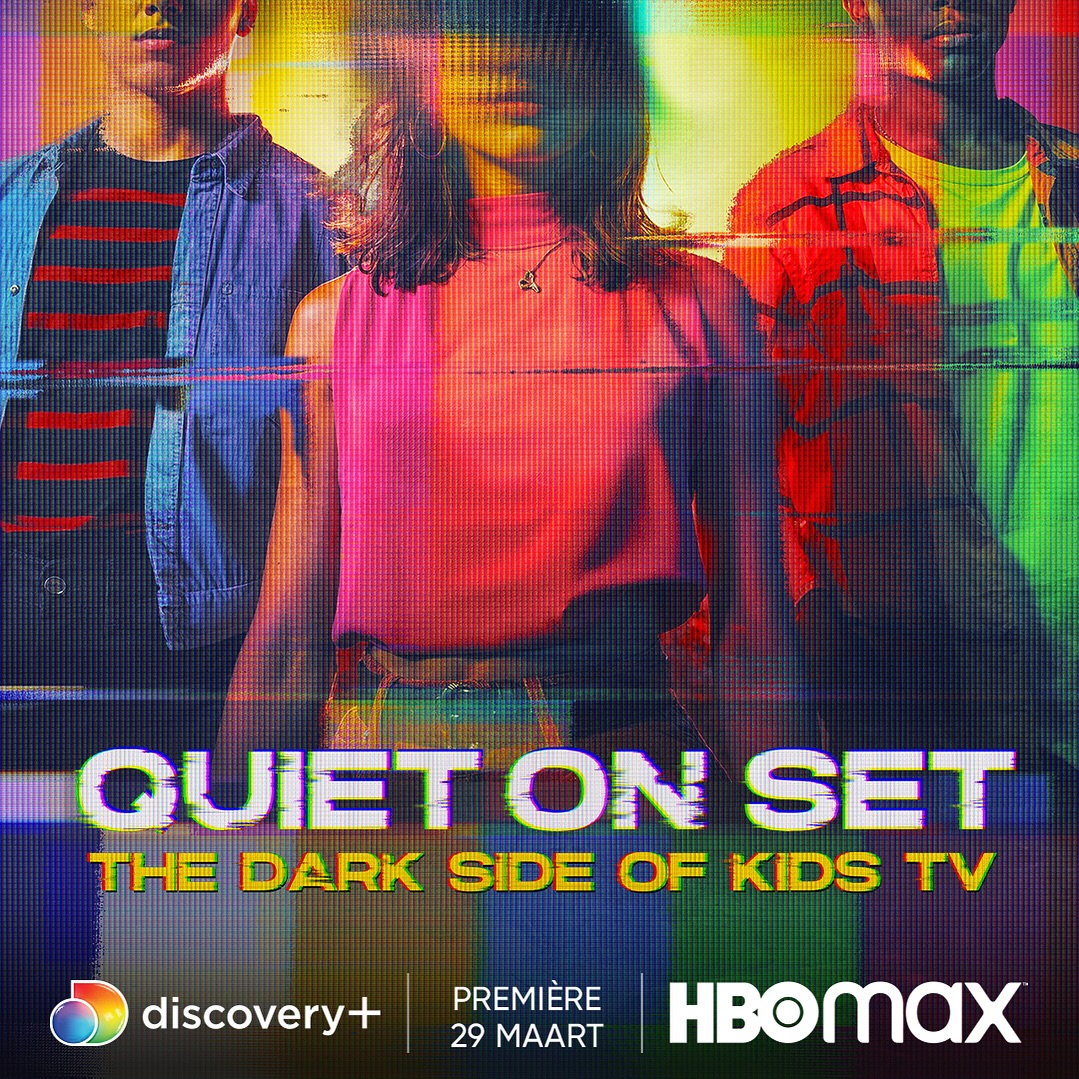By Yulissa Barrios, Staff Writer
Many millennials and Gen “Z” people’s favorite childhood memories are the ones in which they watch Nickelodeon and Disney Channel programs, including Hannah Montana, That’s So Raven, and iCarly. However, many do not understand the horrors that were happening on set to these child actors at the time of filming.
When it came to Disney Channel, many people remember the movie Camp Rock, which starred Demi Lovato. This movie allowed Demi to launch her career because, after getting the role for Camp Rock, she also got a role in the TV show Sunny with a Chance, interpreting Sunny.
As Demi Lovato progressed throughout her career, she booked tours, made movies, and recorded an additional season for her show back-to-back, which took a toll on her mental and physical health.
In an interview for the Child Star documentary, Levato stated “I knew that by being on the Disney Channel, I was in a coveted position and that millions of people would trade me in a heartbeat…I was taking it for granted.”

Disney focused on portraying the perfect program for kids and tweens. That meant that teenagers who worked for Disney signed up not only to become child actors, but also to be the perfect role models for the younger generation. Therefore, they were highly pressured to keep up a perfect image, even if it negatively affected their health.
Due to the lack of breaks and Disney Channel’s main goal of making money out of Demi, she turned to drugs and alcohol to find a sense of happiness. Nickelodeon also saw abuse behind the scenes at their network.
Although animated television shows, which catered to a younger demographic, initially helped Nickelodeon launch their channel, it would be Dan Schneider, a comedic writer, who helped the network brand out to a whole new category of television and bring it to where it is today.
The first show Schneider produced for Nickelodeon was “All That,” which was one of the first comedic shows catered to children. Because the show became a big hit, Schneider gained the trust of Nickelodeon.
Leon Frierson, a cast member from “All That” from seasons 4 to 6, felt there were times in which Schneider wrote inappropriate scenes. For instance, in one of the episodes, he was forced to put on tights and underwear that were extremely tight to play the role of a nose superhero. So, he had to wear a nose prosthetic and noses on his shoulder pads, which looked like penises.
Another example of Schneider’s inappropriate scenes for teenagers was in the Amanda Bynes Show. Schneider created a character for Bynes called “Penelope Taynt”, however, Schneider mentioned that “taint” is a part of a man’s body that is near the testicles. To keep his explanation hidden from the public, he asked the teenage actors not to talk about what this word really means.
At the time, there weren’t many regulations because the idea of a kid’s sitcom was new. Because of that, television producers took advantage of that by putting those kids in inappropriate situations.
Television isn’t the only place to have a shady side. The music industry of the 2000s period also has a tragic history of abuse.
Recently, Sean “Diddy” Combs was arrested in September for accusations of sexual assault. One victim, Casandra Ventura, claimed that Diddy made her have sex with male sex workers and later raped her. After that, footage released in 2016 depicted Combs hurting and throwing Ventura as if she were a doll.
Many adored Diddy and saw him as an idol, including Justin Bieber. However, behind closed doors, he was only worried about pleasing his own pleasures rather than the well-being of others.
Beyond that, since the discussion about sexual abuse was not so frequent in the media, Diddy was a sexual predator behind closed doors who was able to get away with his crimes for many years.
Although many of us remember these nostalgic shows and Diddy’s songs as great memories of our childhood, the people behind the scenes were suffering. Some were pushed past their limits, and certain network executives only cared about the money they brought in.
Although off-screen those entertainment productions were not the perfect fantasy that these stars were promised, their stories remind us of an advocacy for human rights in the show-business environment. That no matter your fame and openness in the world, one should be treated with decency and respect by their peers.





